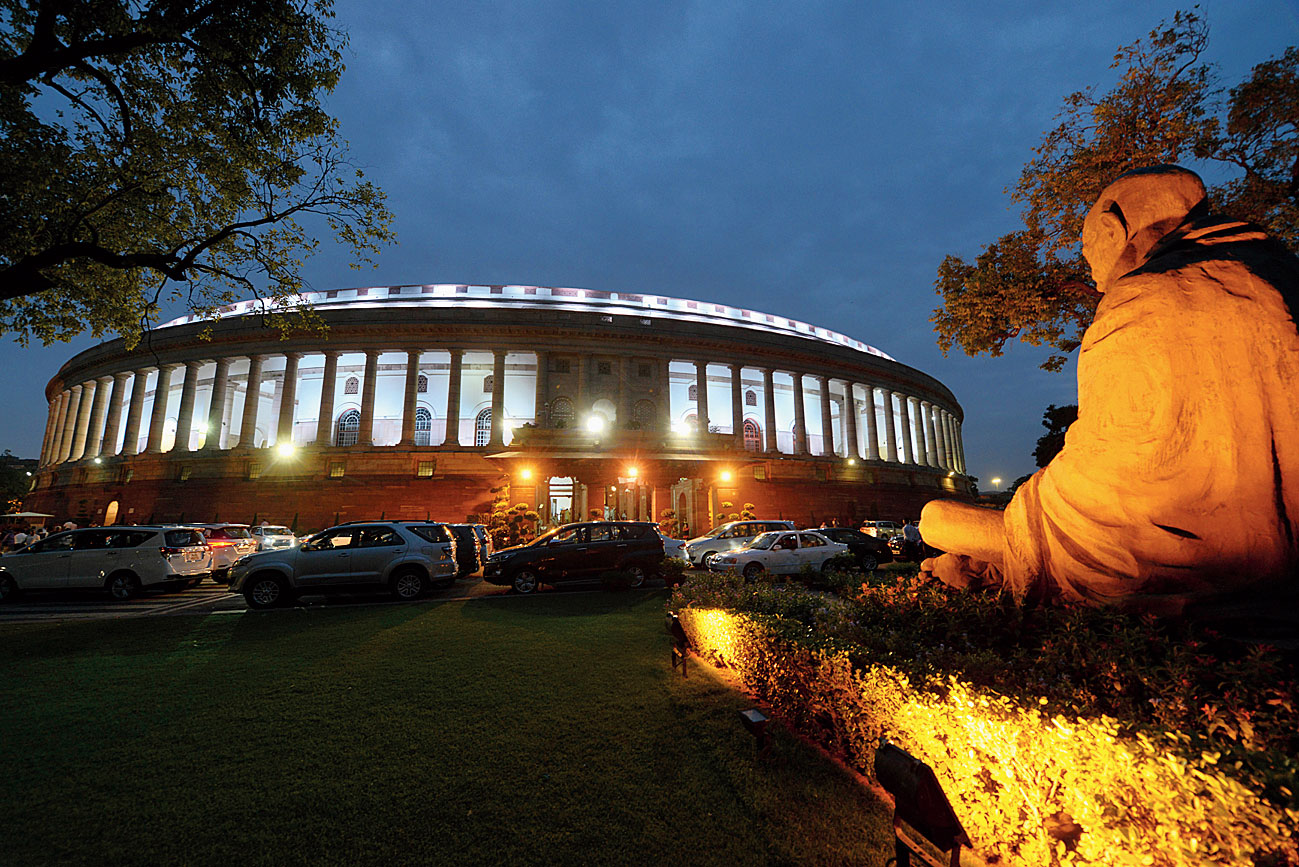The office of the Registrar General of India has rejected the recommendations of an expert committee to include 11 Gorkha communities living mostly in Bengal and Sikkim in the list of Scheduled Tribes.
The Union ministry of tribal affairs had set up the expert committee just before Assembly elections in Bengal in 2016. The committee was asked to examine and recommend granting ST status to communities like Bhujel, Gurang, Mangar, Newar, Jogi, Khas, Rai, Sunwar, Thami, Yakhha and Dhimal.
At present, nearly 700 communities have been included in the schedule. They are entitled to reservation in government jobs and admission in academic institutions. The government also runs affirmative schemes like residential schools and scholarships for tribal children.
Before the announcement of the schedule for general election earlier this year, the committee submitted its report, endorsing the inclusion of all these communities in the list of Scheduled Tribes.
For inclusion of any community in the list, the ministry needs to bring a Constitution amendment bill in Parliament. However, any such bill has to be finalised in concurrence with the registrar general and the National Commission of Scheduled Tribes.
Accordingly, the ministry had sent the expert committee’s report to the registrar general and the national commission.
The Registar General of India has not agreed to the inclusion of these communities, minister of state for tribal affairs Renuka Singh Saruta said in a written reply in the Lok Sabha recently.
“The committee submitted its report which was referred to ORGI (the officer of the registrar general) for comments. ORGI have commented that the report of the said Committee is beyond the scope of the Modalities approved by the Government of India with regard to inclusion of any community in STs list of a State,” Saruta said.
A community can be considered for inclusion if it fulfils five criteria. They are indication of primitive traits, distinctive culture, shyness of contact with community at large, geographical isolation and backwardness.
Jeta Sankritayana, a researcher of socio-economic condition of hill tribes of Bengal and a faculty of economics at Sikkim University, said the registrar general’s rejection was legitimate to a great extent.
“Some of the communities are socially forward. Some are educationally and economically forward too. The ORGI’s decision is legitimate to a great extent. But certain communities like Dhimal of Bengal and one or two more deserve the status of ST,” Sankritayana said.
He said the Dhimals fulfil all the criteria for ST status.
In February 2014, the Bengal government had submitted a proposal to the Centre for ST status to these Gorkha communities in Bengal.











